Troubleshooting Refrigerator Cooling Issues: 10 Common Causes
WA
Understanding Refrigerator Cooling Issues
When your refrigerator fails to cool properly, it can be a significant inconvenience. Understanding the common causes of cooling issues can help you troubleshoot the problem. Here are some of the most frequent reasons your refrigerator might not be cooling effectively.
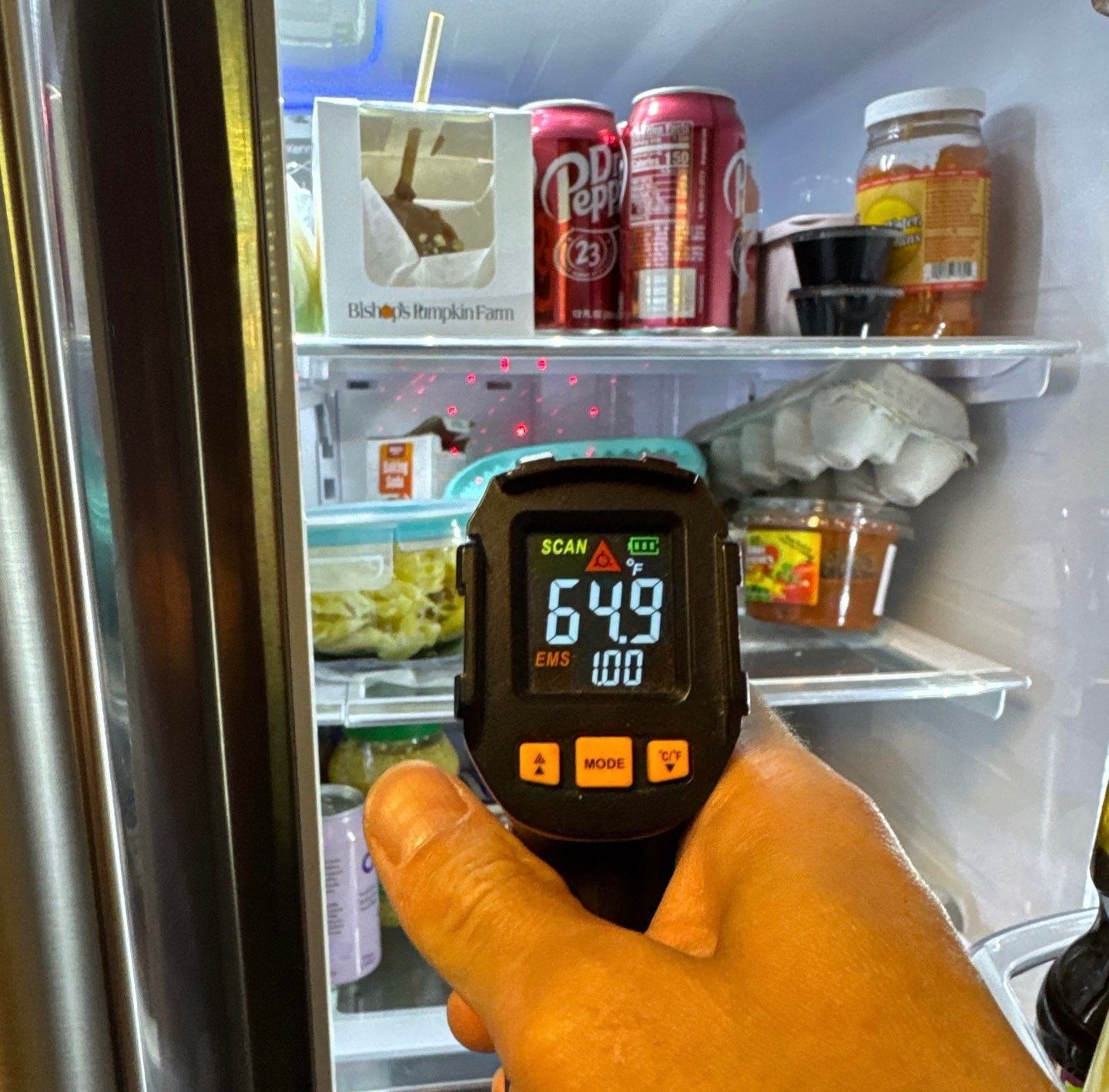
Thermostat Settings
One of the simplest explanations for cooling issues is incorrect thermostat settings. Make sure your fridge is set to the recommended temperature, typically between 37°F (3°C) and 40°F (4°C); Freezer 0°F (-18°C). Double-check the settings if you've recently had a power outage. You can see ''P0'' error code.
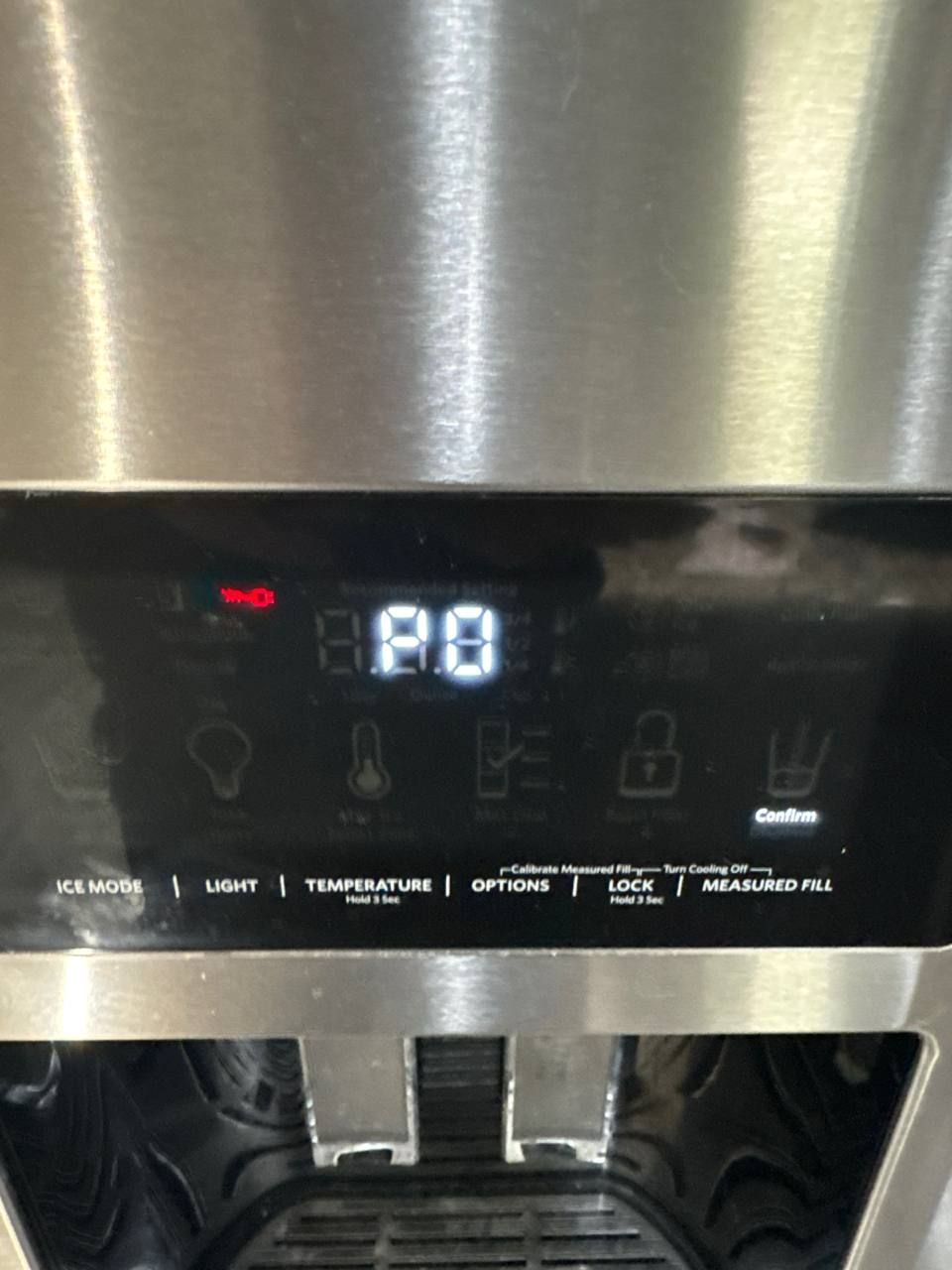
Blocked Vents
Proper airflow is crucial for maintaining the right temperature. Check for any obstructions in the vents inside the fridge and freezer compartments. Blocked vents can prevent cold air from circulating, leading to uneven cooling.
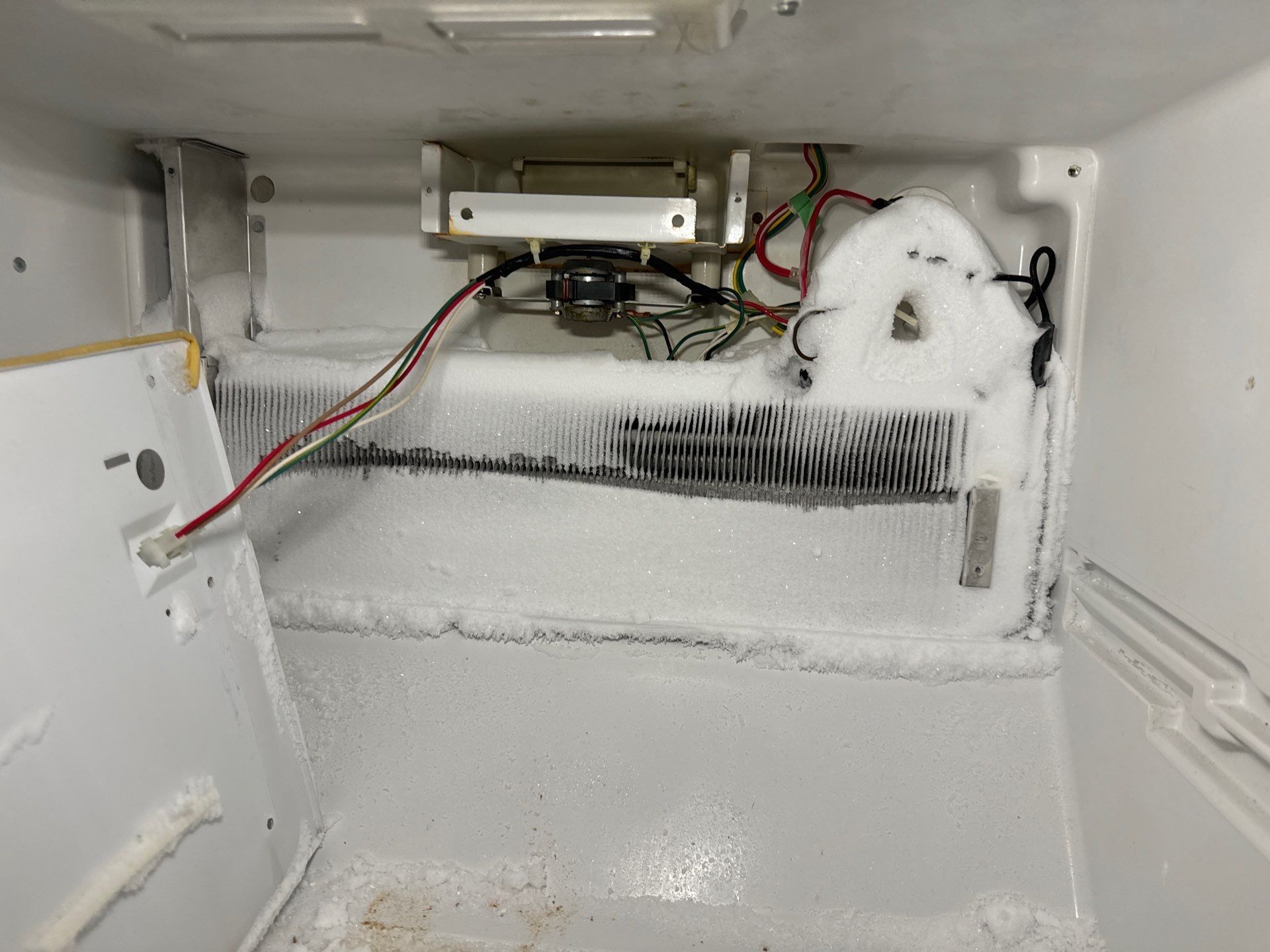
Mechanical Failures
Condenser Coils
Dirty or dusty condenser coils can impede the cooling process. These coils are typically located either under or behind the refrigerator.
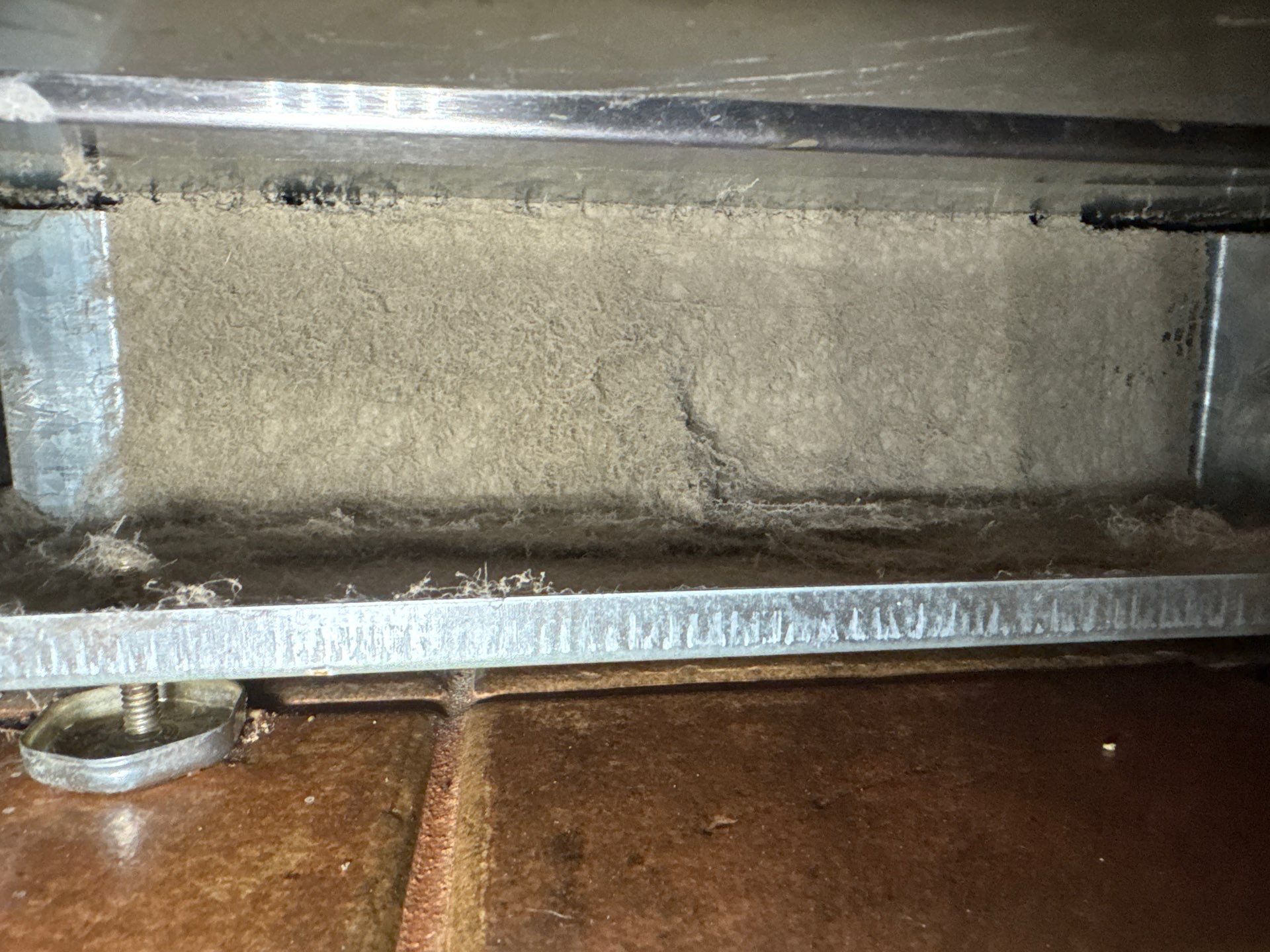
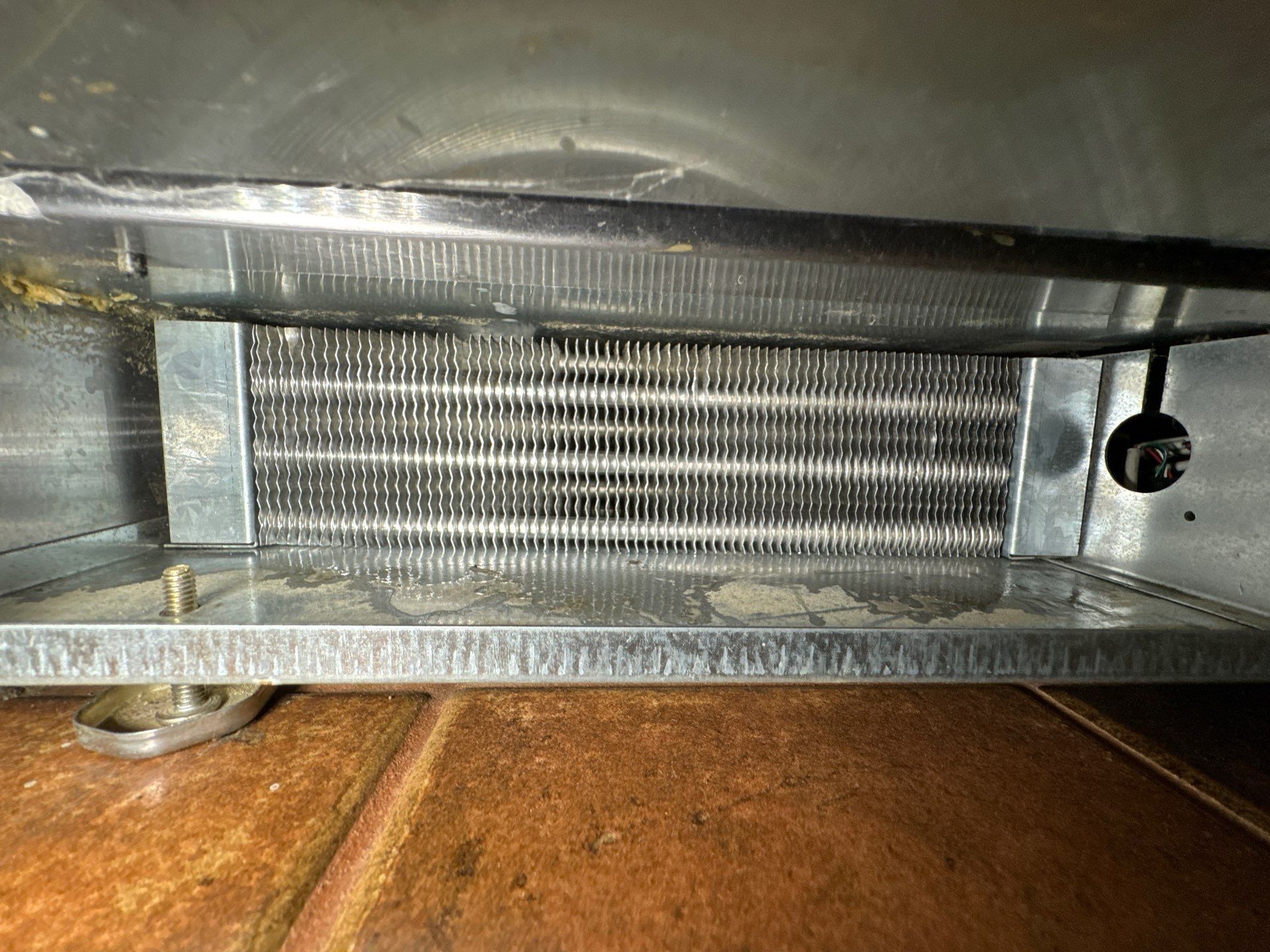
Cleaning them regularly with a vacuum or brush can enhance efficiency and cooling performance.
Evaporator Fan
The evaporator fan is responsible for circulating air across the coils and throughout the fridge. If this fan isn't working, your refrigerator might not cool effectively. Listen for unusual noises, which may indicate a problem with the fan.

Component Malfunctions
Compressor Issues
The compressor is the heart of your refrigerator's cooling system. If it fails, the fridge won't cool properly. Listen for any buzzing or clicking noises, which might indicate compressor problems requiring professional repair.
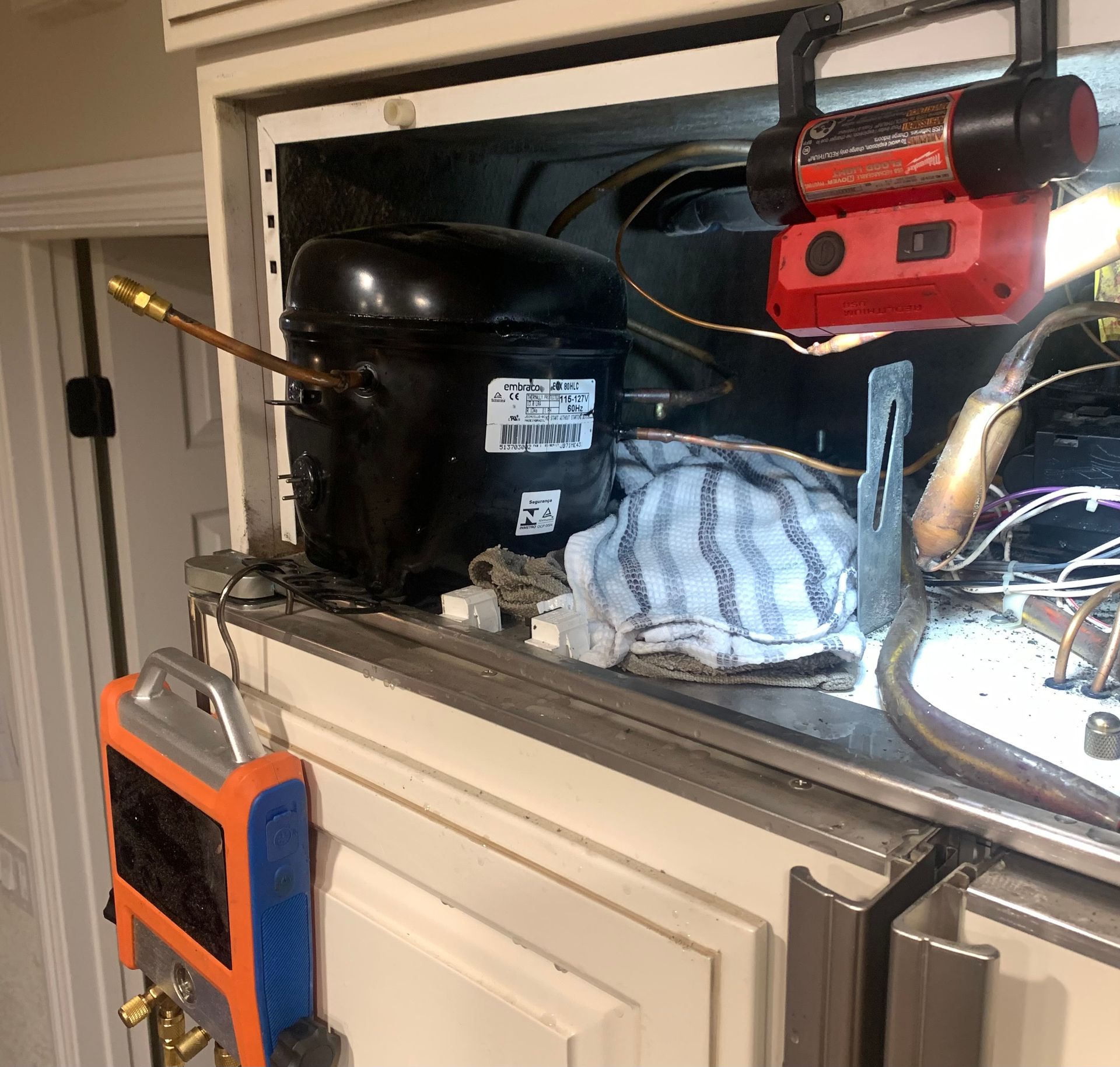
Door Seals
Worn or damaged door seals can allow warm air to enter, compromising the fridge's cooling ability. Inspect the seals for cracks or gaps and replace them if necessary to ensure a tight seal.
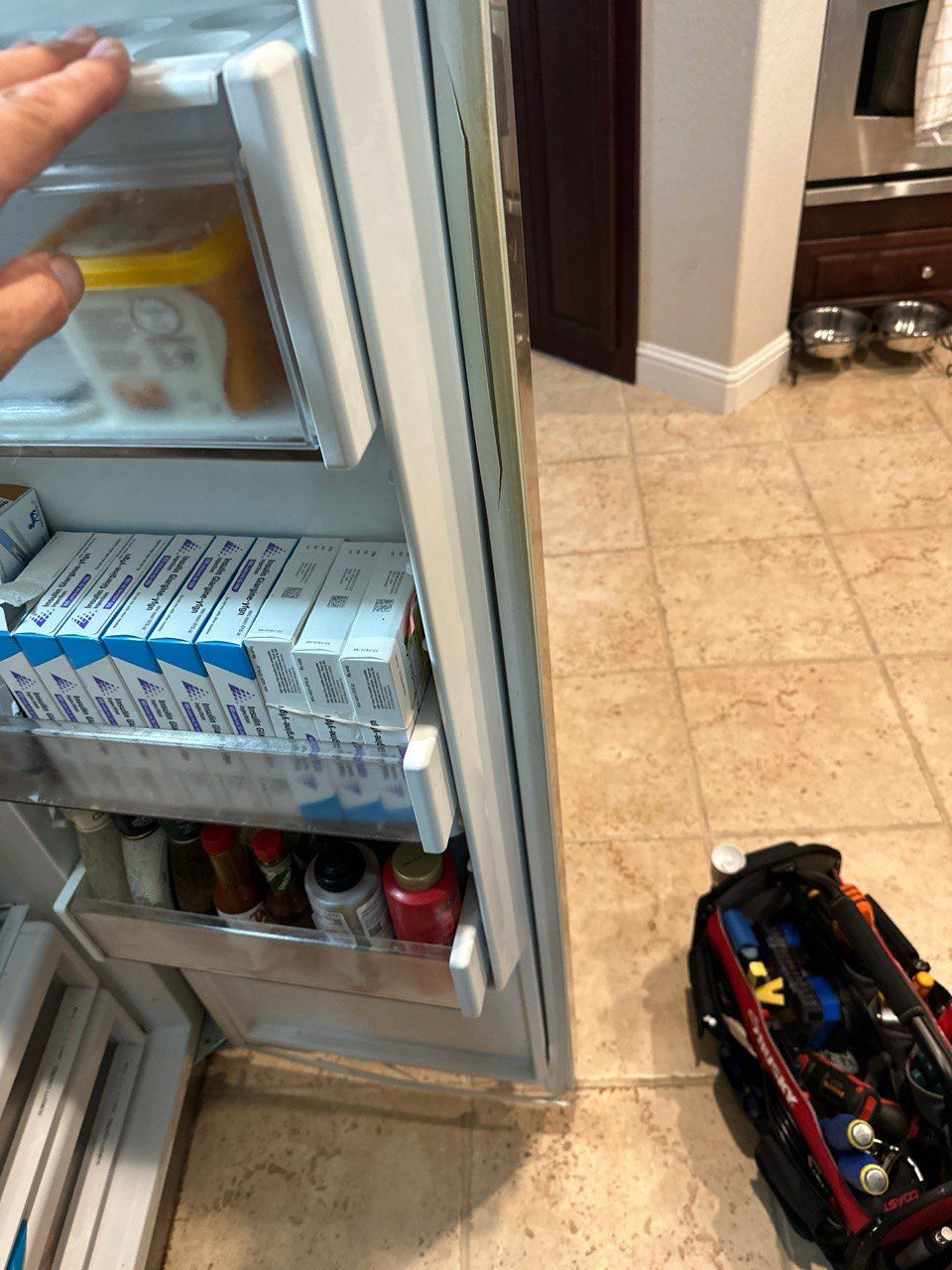
Simple Fixes and When to Call a Professional
Power Supply
Ensure your refrigerator is plugged in and receiving power. Check the circuit breaker and outlet to rule out electrical issues. Sometimes, a simple reset can solve the problem.
When to Call a Professional
If troubleshooting these common issues doesn't resolve the cooling problem, it might be time to call a professional. Persistent issues may indicate more complicated mechanical failures that require expert attention.
By understanding these common causes of refrigerator cooling issues, you can perform basic troubleshooting to potentially save time and money. Regular maintenance and prompt repairs can also extend the life of your appliance.
